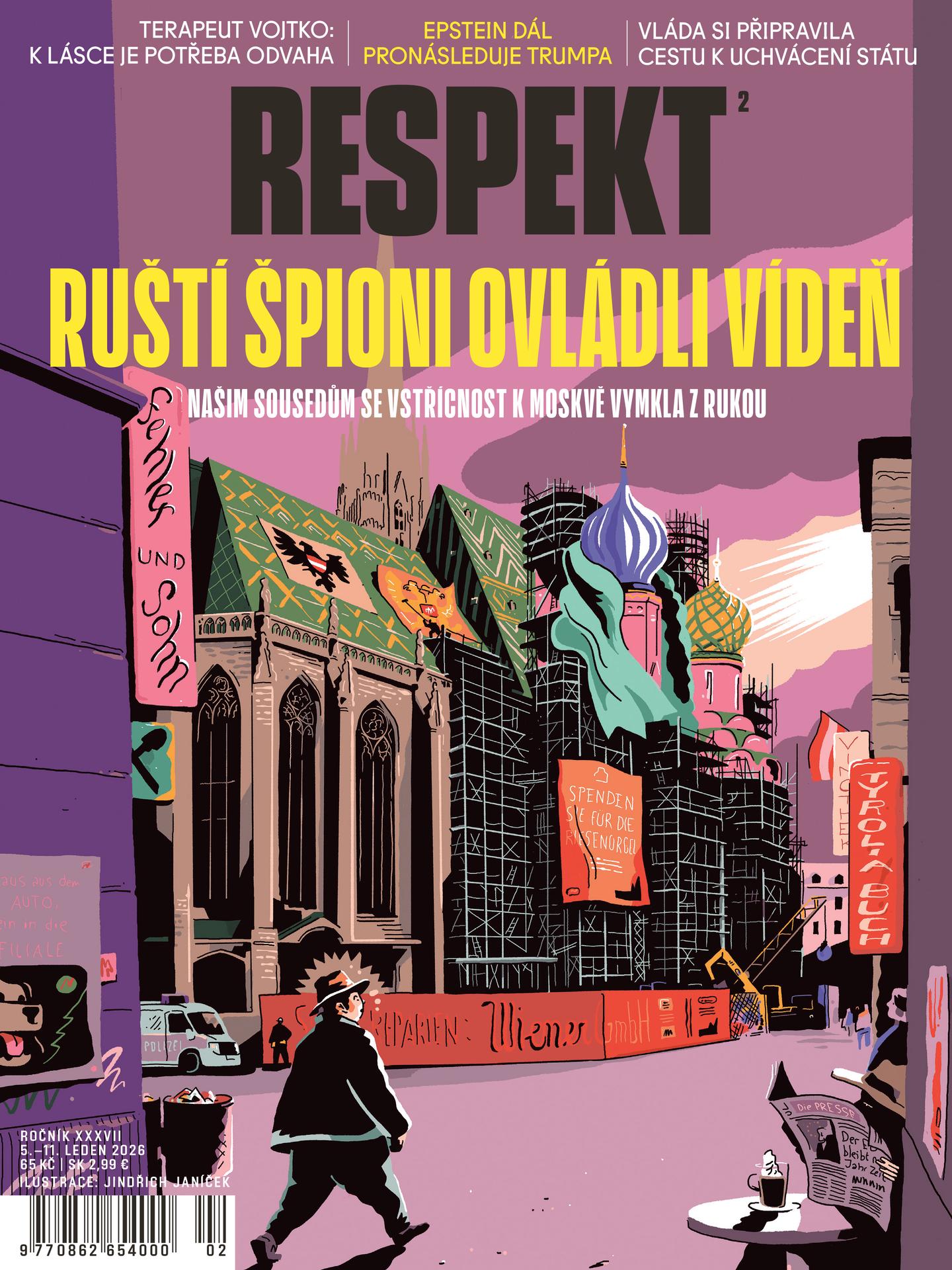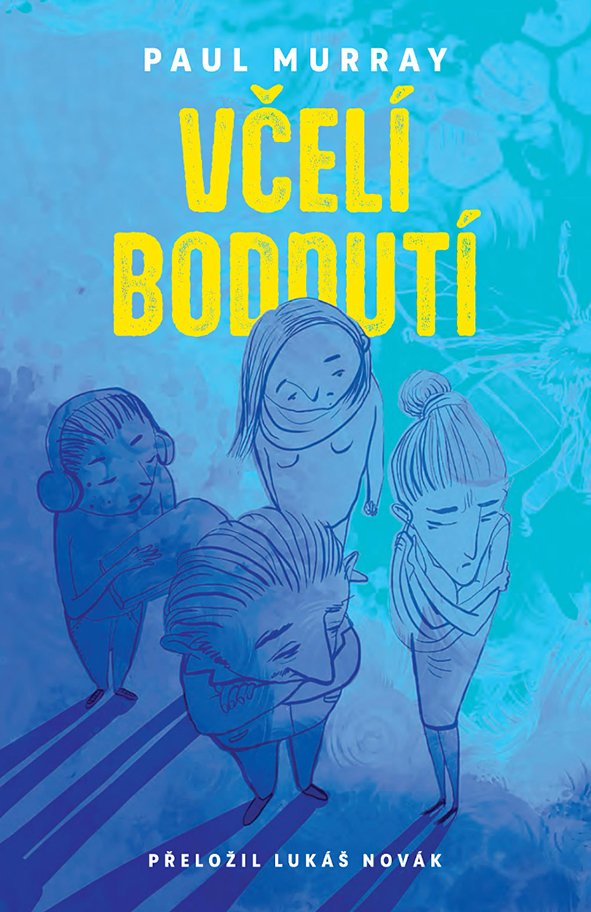In the Stars
There are paradoxes that have symbolic meaning. At a time when the British empire reached its peak in wealth and power shortly before the beginning of its demise, a Pole, born in Russian exile, was considered the best stylist of English prose.

There are paradoxes that have symbolic meaning. At a time when the British empire reached its peak in wealth and power shortly before the beginning of its demise, a Pole, born in Russian exile, was considered the best stylist of English prose. He wrote of tropical, exotic places, claiming that he did his thinking in Polish, and translated his thoughts into French before sitting at his desk to write the words down in English. He was in his twenties when learning the language that made him famous, and spoke it with a heavy accent to the end of his life.
Today, Joseph Conrad (born December 3, 1857) is known mostly through movies based on his novels. Two of the best known demonstrate how disparate the interpretation of his work can be. They are „Lord Jim“, with Peter O'Tool in the leading role, mostly a conventional super-movie, and Francis Ford Coppola's feverish „Apocalypse Now“, with two Oscars to its credit. The „Heart of Darkness“, a 1902 novel that poetically reveals how shockingly close is the modern mind to the bloodthirsty barbarism fully displayed in the course of the 20th century, inspired Coppola.
Jozef Teodor Konrad Korzeniowski, Conrad's original name, was born in an old Polish family in the Ukrainian town of Berditchev where his parents, opponents of the Czarist regime, lived in forced exile. Orphaned at 17, Conrad traveled to Marseilles and became a sailor. He joined the French gun-runners at first, moved on to the British merchant marine later, and worked his way up to become a ship Master. To pass the time at see he read, deciding after twenty years to become a writer himself. He settled in England, married an English woman, and adopted English values and life style. In the end, he became a classic of British neo-romanticism.
Conrad's literary mastery is in his ability to capture deep-seated conflicts submerged under the surface of a seemingly solid moral order. He extolled the noble, manly principles instilled in the British gentleman of the Victorian era, but depicted them with the greatest impact in a context of crisis and breakdown, when colliding with divergent cultures and mindsets.
The horror lurking in every one of Conrad's works is the likely explanation of their ongoing attraction. The true source of the horror, it appears, is the author's Russian experience, the background for his 1911 novel „Under Western Eyes“. It evokes the oppressive image of an environment that gave rise to the Russian revolution six years later.
Joseph Conrad died on August 3, 1924. He outlived, by six months, V. I. Lenin, prophet and founder of Bolshevism, the horrors of which Conrad anticipated in his literary works.

Pokud jste v článku našli chybu, napište nám prosím na [email protected].










